There has always been an inescapable feeling of transience about Kylian Mbappé’s time at Paris Saint-Germain – a stay that will be defined as much by his achievements on the pitch as the upheaval, pandering and politics that saw an 18-year-old teenager grow bigger than not just the club but the league.
The Mbappé farewell tour began in Nantes on Saturday in an event that provided a glimpse of what is in store for the rest of the season. Fans packed into the Beaujoire, some insisting they had travelled for more than 100km just to see Mbappé. The France captain was cheered by the home crowd as he came off the bench on the hour mark in what was yet another demonstration of fame that transcends PSG. He scored a late penalty in a 2-0 win for the visitors.
“The club is bigger than any individual,” said Luis Enrique after news broke that Mbappé had decided to leave PSG at the end of the season. The Spaniard, echoing the words of president Nasser Al-Khelaifi, made the claim three times in quick succession on Friday. Maybe it was an attempt to convince himself as much as anything; events and decisions over the past six years certainly tell a different story.
Even before his move to PSG from Monaco, Real Madrid beckoned for Mbappé. At the end of each season, the same question arose: will this be the year he finally departs? As the seasons progressed, and as PSG entered into their ephemeral galácticos era, with the arrivals of Neymar and then much later, Lionel Messi, Mbappé’s importance continued to grow, as did his goals tally. He became the club’s record scorer last year, surpassing Edinson Cavani’s record in 54 fewer games.
However, for the image of PSG, as well as their owners, Mbappé held a much greater importance. The club was much-maligned for their mismanagement and under-utilisation of the local talent pool in Île-de-France, so Mbappé was a symbol of a realignment, a statement of competence almost. His presence in the team demonstrated the club’s ability to learn from past mistakes. For the club’s Qatari owners he was more than the most valuable individual asset in world football; he embodied Paris, and, for owners so intent on endearing themselves not only to the club’s fans but also to the wider socio-political sphere in France, he was invaluable.
For Mbappé, Paris Saint-Germain became “Prison Saint-Germain”, a term reportedly used by the player’s entourage to describe the reigning Ligue 1 champions. “I will be clear: Kylian will stay at Paris. We will never sell him and he will never leave for free,” said Al-Khelaifi in the summer of 2021 amid Real Madrid’s latest attempts to prise away their prized asset. Those words have not aged well.
In order to ward off the inevitable, PSG resorted to increasingly desperate tactics, culminating in a decision to hand Mbappé the keys to the club in 2022, as well as bestowing the Frenchman an unmatchable salary – at least not until the explosion of spending in the Saudi Pro League 12 months later.
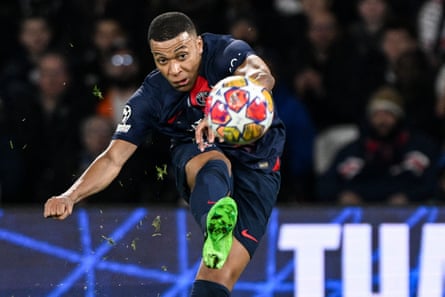
Mbappé’s power was unprecedented and almost unfettered. The appointment of Luís Campos to a considerable position of power was borne out of the talks that saw Mbappé renew with PSG until 2024. And the club’s transfer strategy – notably the unsuccessful search for a typical No9 – was the brainchild of the young Frenchman, who wanted to recreate the “pivot gang“ relationship he shares with Olivier Giroud at international level.
Beyond the financial incentives and temptation of having more influence in the running of the club, political pressure also played a part in Mbappé remaining at PSG. The Frenchman revealed he had a conversation with president Emmanuel Macron, who expressed a desire for him to remain at PSG. “I would not like you to leave. You have the chance to make history here. Everyone loves you,” the president said, according to Mbappé.
The US Secretary of State Antony Blinken, a PSG fan who spent several years of his childhood in Paris, even had his say, thanking Macron for the role he played in keeping Mbappé at the Parc des Princes. As well as being arguably the most talented player on the planet, Mbappé had also become a political football to be passed around for diplomatic or reputational gain.
Mbappé has also become indispensable to the LFP and to its head, Vincent Labrune, especially since the departures of Neymar and Messi last summer, which left the Frenchman as the undisputed poster boy of Ligue 1. News of Mbappé’s departure comes during the LFP’s struggles to sell its broadcasting rights. Labrune had been trying to garner an ambitious €1bn in media revenue, which he had already failed to do. Mbappé’s departure weakens the LFP’s hand further.
No actor in French football is impervious to Mbappé’s departure and that is in large part thanks to his own talent, but also to the power bestowed upon him. His departure leaves a void within the upper echelons of the murky waters that intersect politics and football in France, but on the pitch, it is perhaps a void that can be filled.
Since his arrival in the summer, Luis Enrique has had to pander to Mbappé’s wants and needs, and the creation of the “free role” to accommodate the Frenchman feels antithetical to how the manager wants to play the game. The rapid development of Bradley Barcola also brings a sense of optimism. Mbappé now looks set to break out of Prison Saint-Germain, but his departure will also have a liberating effect on Les Parisiens, both in a financial and sporting sense; the inevitable divorce will be for the betterment of both parties.

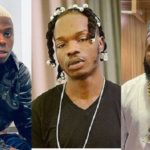


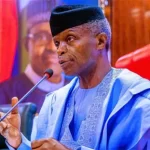
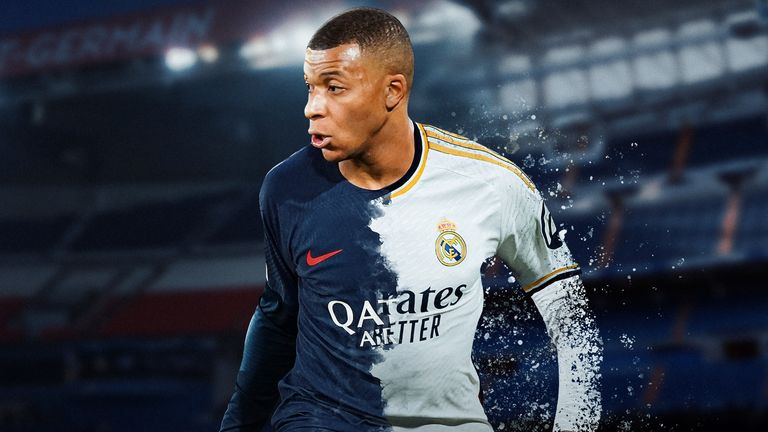
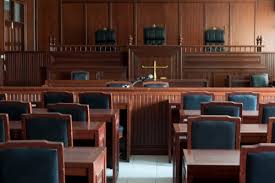
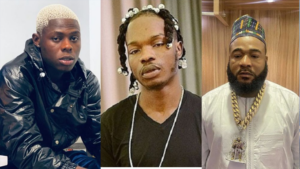

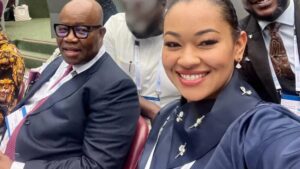
More Stories
Rudderless Chelsea’s sustained slump risks making Cole Palmer restless
Arne Slot accepts Liverpool in ‘good position’ to win title after win at City
Robin van Persie is appointed new manager of Dutch giants Feyenoord